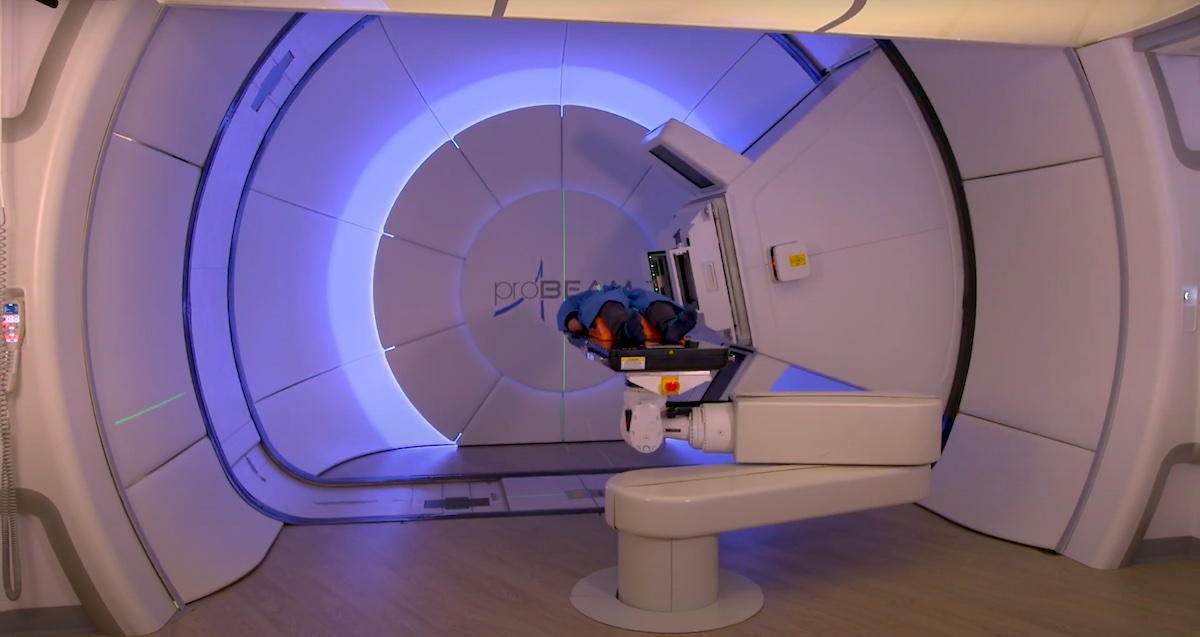Proton therapy exerts its effect directly on the tumor area, thus the risk of heart disease can be reduced in the long run.
For the first time in the world, proton therapy has been tested on breast cancer patients in the UK, according to reports Watchman. The procedure targets tumors much more precisely than conventional radiation therapy, so it can be more effective against tumors that have developed in critical areas.
The NHS has previously experimented with proton therapy to treat brain or spinal tumours.
The results of the current trial are compared to those of patients who had previously undergone radiation therapy, who have a higher long-term risk of heart disease with respect to the procedure that was used for a long time.
According to British Cancer Research Professor David Sebag-Montefiore, proton therapy has countless untapped opportunities that can reduce harmful side effects of cancer.
Kim Jones was one of the patients who underwent the experimental proton therapy. The 44-year-old was diagnosed with breast cancer back in February after the skin of her left breast thickened and she experienced painful tingling. Then she underwent a mastectomy at a Cambridge hospital, followed by chemotherapy. After that, he took part in proton therapy at Christie’s Hospital in Manchester. The woman who underwent the treatment felt fortunate to have been chosen to have the procedure, which she described as “excellent” and “very comfortable”.
Another 192 patients nationwide will be included in the additional testing. According to Professor Judith Bliss, who led the clinical trial, radiotherapy is already an effective part of breast cancer treatment, helping to reduce tumor recurrence.
However, the treatment can be risky if the patient’s lymph nodes and breast tissue are located close to the heart. Proton therapy may be a solution for this in the future.
This risk can occur in 500 in 30,000 patients, who also have a 2 percent or slightly higher chance of developing potential heart problems as a result of conventional radiotherapy. This can be greatly reduced with the new treatment.












































